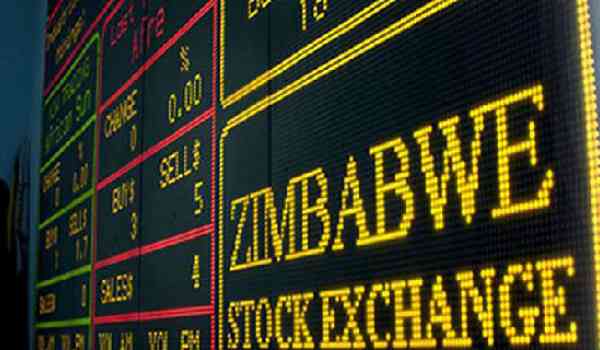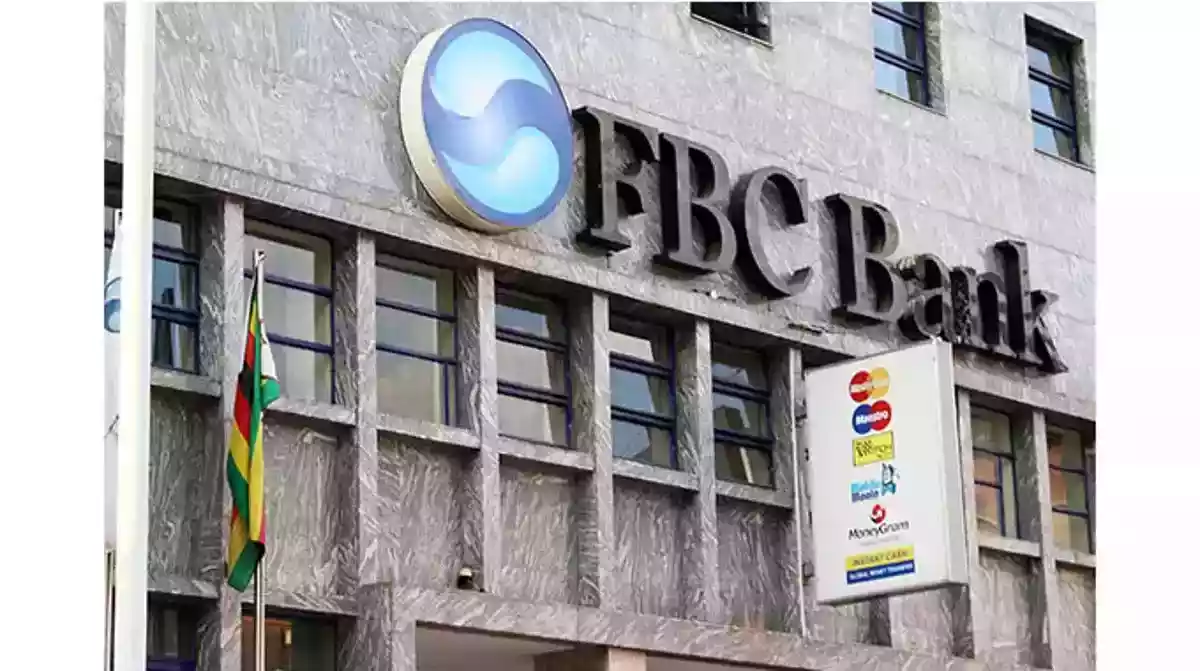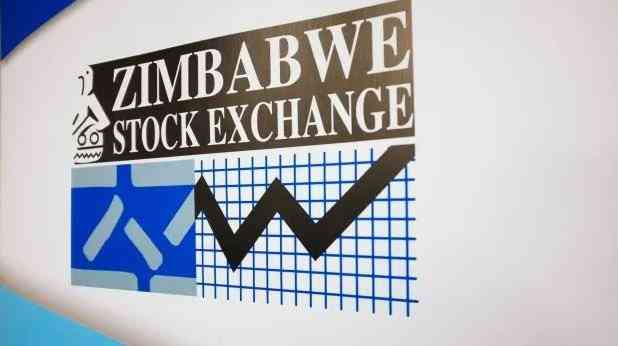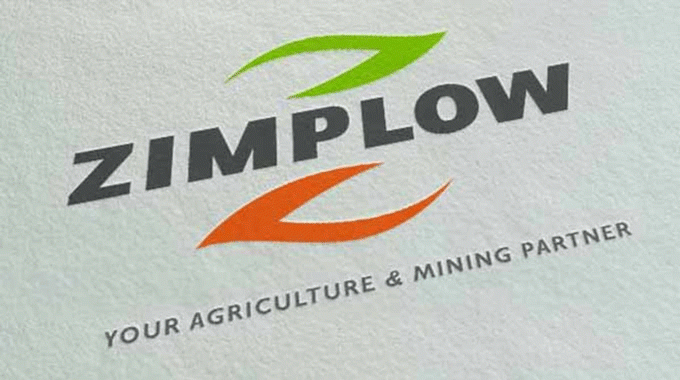
ZIMBABWE'S stock market ended June on a high note, with the Zimbabwe Stock Exchange (ZSE)’s market capitalisation growing by a third over the previous month.
This upswing was driven by a strong focus on fundamentals and improved market liquidity, signaling a promising trend for the country's economy, according to Fincent Securities.
During the month, the ZSE All Share index surged by 27,64%, fueled by substantial gains of 33,29% in the Top 10 index and significant growth of 31,36% in the Top 15 index, while the medium cap index rose by 15,52%.
Key contributors to these increases included Delta, Ecocash, Meikles, and Econet.
“The month closed on a positive note for both bourses, with market capitalisation on ZSE rising by 32,39% compared to May,” Fincent Securities said in its latest report.
“VFEX (Victoria Falls Stock Exchange) also saw a 7,89% increase in market capitalisation, supported by gains in Innscor and Simbisa. Among the gainers, NTS (National Tyre Services) led with a remarkable 95,16% increase, driven by retail investor interest, with minimal trading volume of only ZWG25 worth shares throughout the month.”
CBZ, Afdis, Hippo, and Meikles also posted significant gains. Conversely, Zimre Holdings Limited was the biggest loser for the month, experiencing a decline of -20,47% in its value, followed by British American Tobacco (-17,08%), Willdale (-6,78%), ART (-6,34%), and Ariston (-1,90%).
“The market's steady adherence to fundamentals and improved liquidity on the ZSE is attracting growing interest from foreign investors,” the report reads in part.
- Zimre Holdings overturns loss
- Chengetedzai platform breaches $1 trillion mark
- Govt takes control of Zimre Holdings
- ZimRe targets African markets in expansion drive
Keep Reading
“We anticipate this positive trend to persist, particularly post the repeal of SI (Statutory Instrument) 96 of 2022.”
After enduring a period of inflationary pressures and exchange rate distortions, Fincent said the introduction of the new Zimbabwe Gold (ZWG) on April 5, 2024, brought stability that allowed equities listed to reflect their true fundamental values.
The ZSE had previously been criticised for influencing parallel market exchange rates, where share prices were more driven by these rates than by underlying fundamentals.
In 2020, trading on the ZSE was halted for a month due to these concerns, and companies like PPC, Old Mutual, and SeedCo International faced suspensions related to fungibility and exchange rate distortions.
In response to persistent inflation and exchange rate issues, SI 96 of 2022 was introduced to curb speculative activities, day trading, and short-term investments, aiming to reduce market liquidity.
Although regulatory efforts were aimed at preserving the value of the Zimbabwean dollar, the local currency continued on a free fall and the cumulative trading costs on the ZSE became a significant barrier, amounting to 5,693% of trade value.
This disparity was stark when compared to regional and global platforms like the Nairobi Stock Exchange and New York Stock Exchange, where transaction costs typically hover around 2% or lower.
“Following the stabilisation brought by the new currency, there has been a push from market participants to the authorities to lift capital gains taxes and withholding taxes to stimulate activity and liquidity on the ZSE,” the report noted.
Both the ZSE and the VFEX faced significant challenges in 2023, recording declines in annual traded values of 51,45% and 64,59%, respectively.
The ZSE's market capitalisation in United States dollar (USD) terms fell by 29% compared to 2022, but was up 18% from the low of US$1,294 billion recorded in 2019, closing 2023 at US$1,526 billion using a rate of US$: ZW$10,500 at year end.
In 2024, regulatory bodies and market players intensified efforts to revive the local bourse, culminating in a capital markets conference in Nyanga aimed at revitalising capital markets with both government and private sector involvement.
Market players particularly lobbied against SI 96 of 2022, which had deterred investors and hindered potential returns.
Recent positive developments include the introduction of Eagle Real Estate Investment Trusts, contract for differences on VFEX, and the recent repeal of SI 96 of 2022, which reduced capital gains withholding tax to 2%, fostering optimism among capital markets participants.
"We embrace these positive changes, which signify the government's responsiveness to private sector concerns and a step toward rejuvenating the local bourse," Fincent said.
“The repeal of policies like SI 96 of 2022 is expected to promote liquidity, enhance market activity, and attract foreign investor participation, marking a promising turn for Zimbabwe's capital markets.”
Fincent anticipated that these developments will cultivate a more favourable environment, paving the way for renewed growth and opportunities for both retail and institutional investors to make significant returns.










